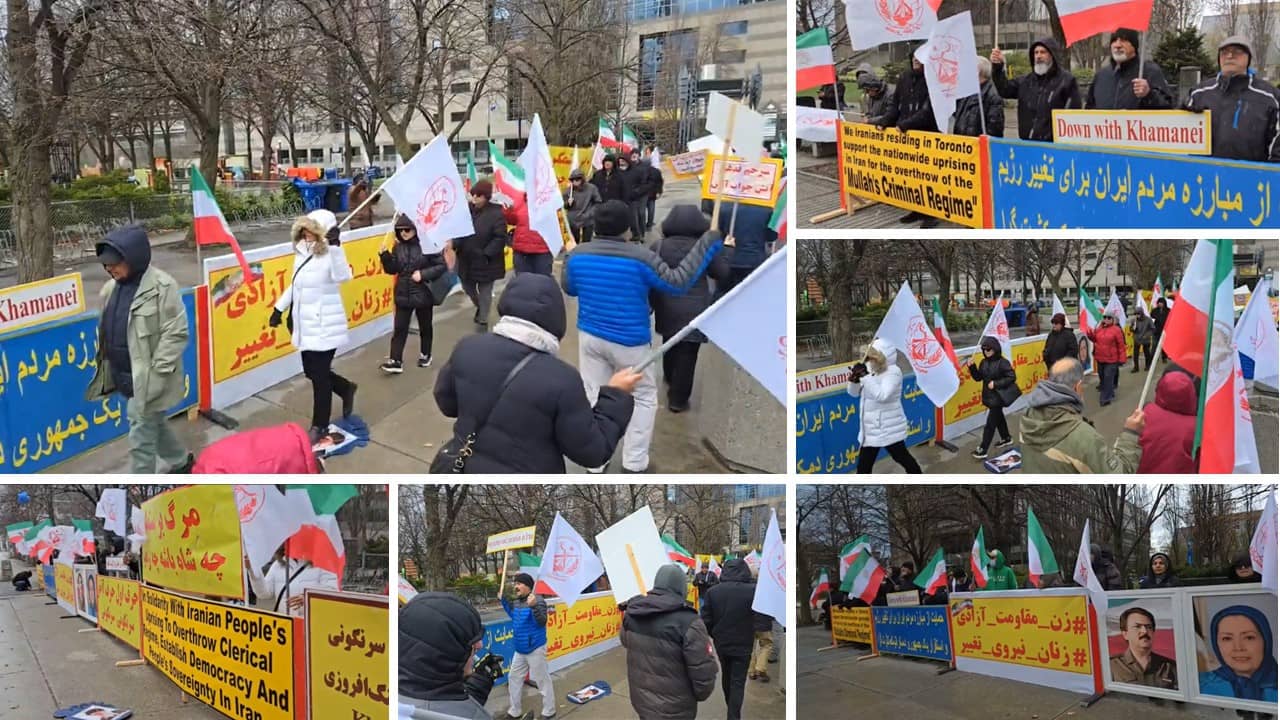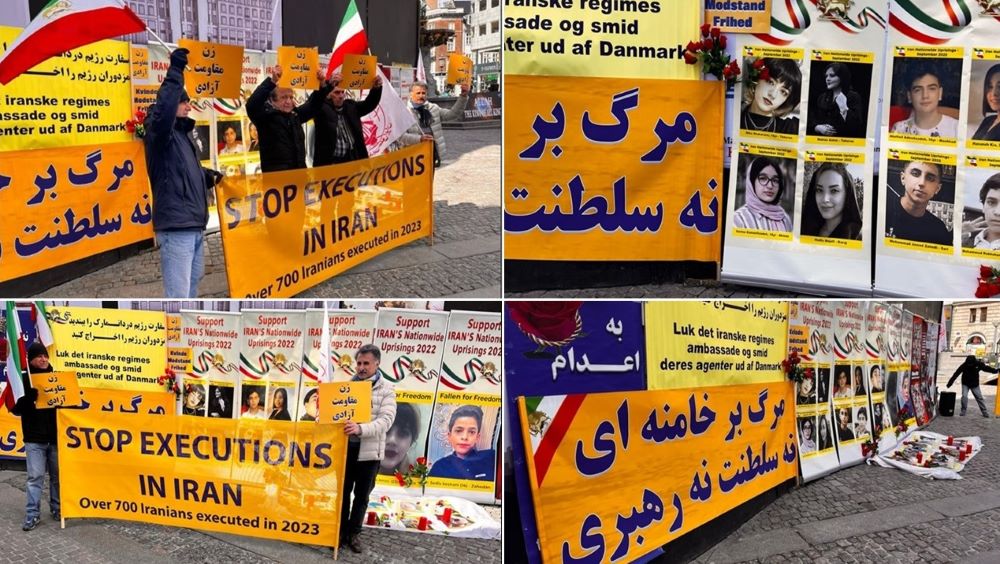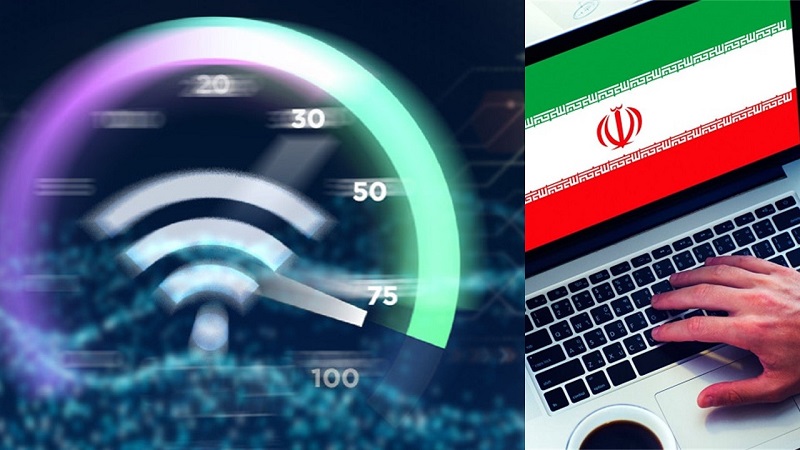
Several reports have come to light in recent weeks about the internet speed in Iran dropping dramatically, severely disrupting the daily lives of millions of Iranians. The Iranian regime’s Minister of Information and Communications Technology claimed that the cause of the issue was merely a problem with the infrastructure and put the blame on the previous administration.
However, this is far from the truth. Some technology analysts, and some state-media outlets, have suggested that the real cause is a deliberate act by the regime under their ‘Cyberspace Users Rights Protection’ plan, their internet censorship bill that was passed a few months ago.
On February 22, news broke containing further proof of the regime’s plan to restrict access to internet services in Iran, as a new bill was approved by a subcommittee of the Majlis (parliament). The bill is now expected to be delivered to the parliament’s executive branch to be implemented fully.
The People’s Mojahedin Organization of Iran (PMOI/MEK) said, “Iran’s regime already imposes severe restrictions on social media and messaging platforms, news websites, and other online applications. But a draft of the Cyberspace Users Rights Protection bill, will impose even more limits on Iranian users’ access to internet services under the pretext of managing domestic and foreign traffic.”
The Supreme Council of Cyberspace is the regime’s government body that oversees and implements internet censorship throughout the country. However, due to the strong encryptions used by popular social media platforms in order to protect users, the regime is struggling to spy on and track the information being shared by protesters and activists.
This latest bill is meant to empower the regime to force foreign social media platforms to surrender any pertinent user data to regime authorities, or allow the regime to unencrypt user data for monitoring purposes.
However, with so many hurdles between the regime being able to achieve this, they are pushing forward with ordering social media apps to be replaced with domestic apps, with the bill requiring smartphone manufacturers to pre-install them, or face increased custom fees.
The MEK said, “The bill classifies internet gateways as the equivalent of land and sea borders and puts them under the full authority of the government bodies. This will give the judiciary free reins to peer into user communications without needing any warrants or legal procedures.”
The catalyst that seemed to launch this wave of internet censorship is the regime’s fear of messaging apps and social media platforms assisting protesters to communicate with each other and organize demonstrations. During the major uprising in November 2019, millions of images, videos and messages were shared across social media, spreading information across Iran, and to the international community.
Following the 2009 nationwide protests in Iran, the regime banned the access to the popular social media platforms at the time, which included Facebook, YouTube and Twitter. However, since then other platforms have sprung up and ‘found their way into the hands of Iranian users’.
The MEK said, “Nevertheless, the regime’s plan for complete internet censorship faces several major hurdles, which has caused divisions among the regime’s own officials and factions.”
The digital infrastructure in Iran is extremely poor, and considering the high usage of internet services in Iranian society, domestic applications will be tough to maintain, and the plan is near impossible to fully implement across the country.
The regime’s decision to push forward with restricting internet services in the country will only further damage the country’s economy, which is already on the verge of collapse. Millions of Iranians rely on the internet, and especially messaging apps, for their business. Back in 2019, the internet was shut down for a number of weeks at the height of the uprising, but this decision ultimately caused billions of dollars of damage to the economy. Further disruptions will only aggravate the current critical economic problems, and may incite new waves of protests, and possibly another uprising.
The MEK said, “At this point, the mullahs are caught in a web of conflicting dilemmas, each of which will further nudge it toward another major confrontation with the Iranian people and their resistance movement.”

